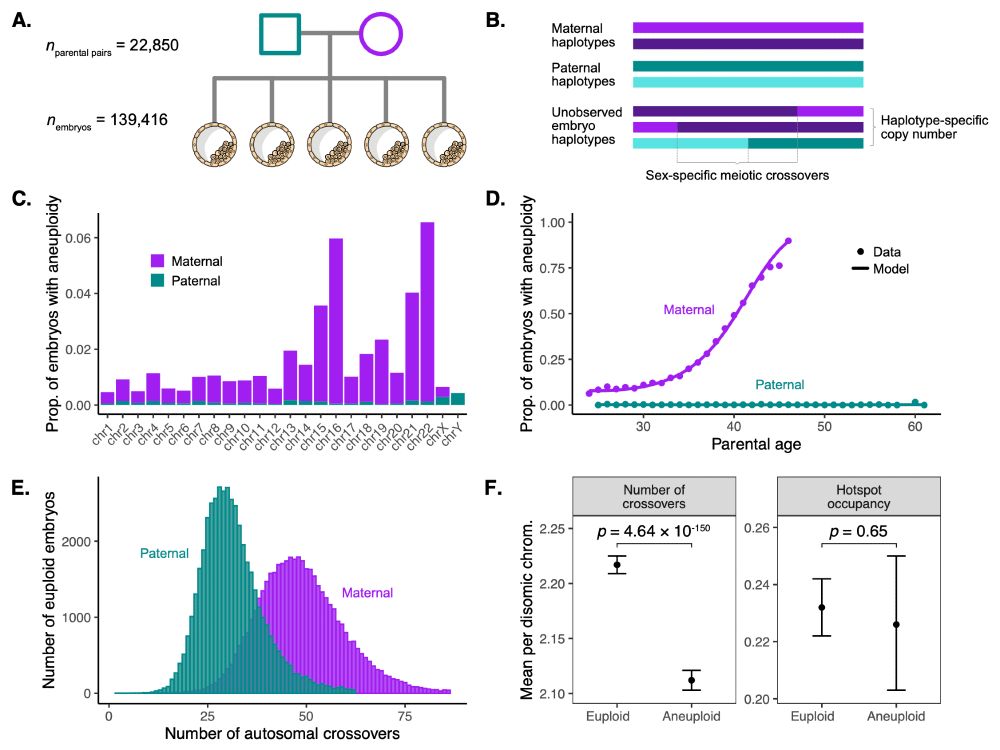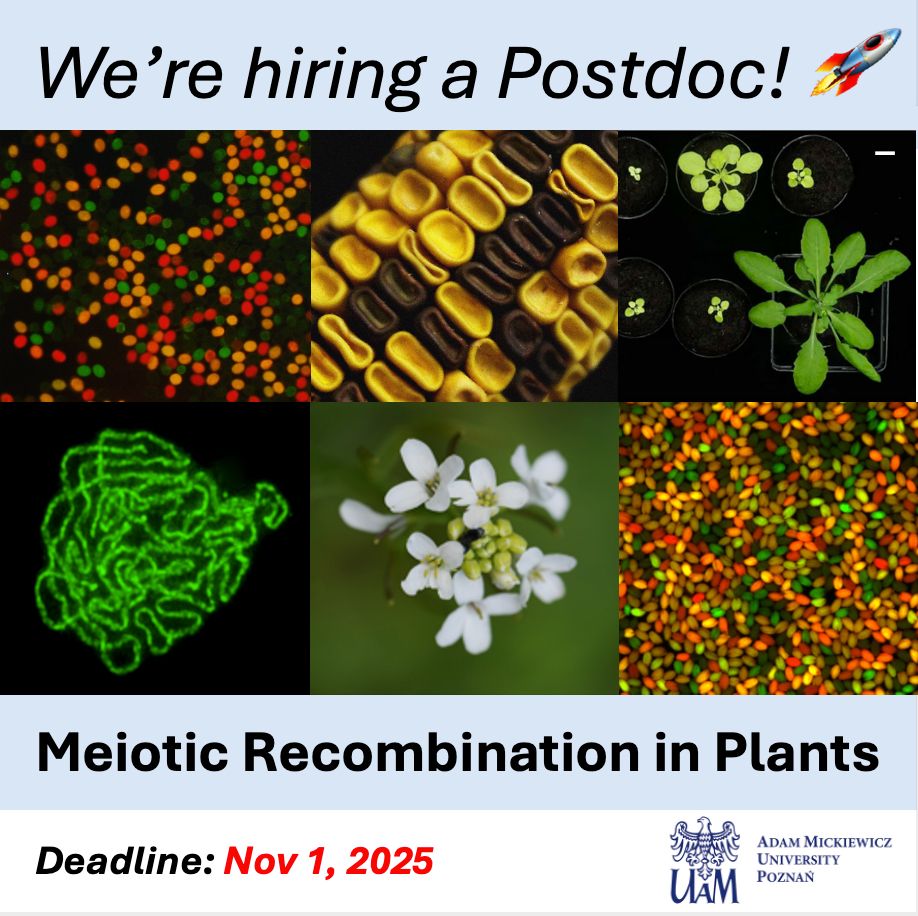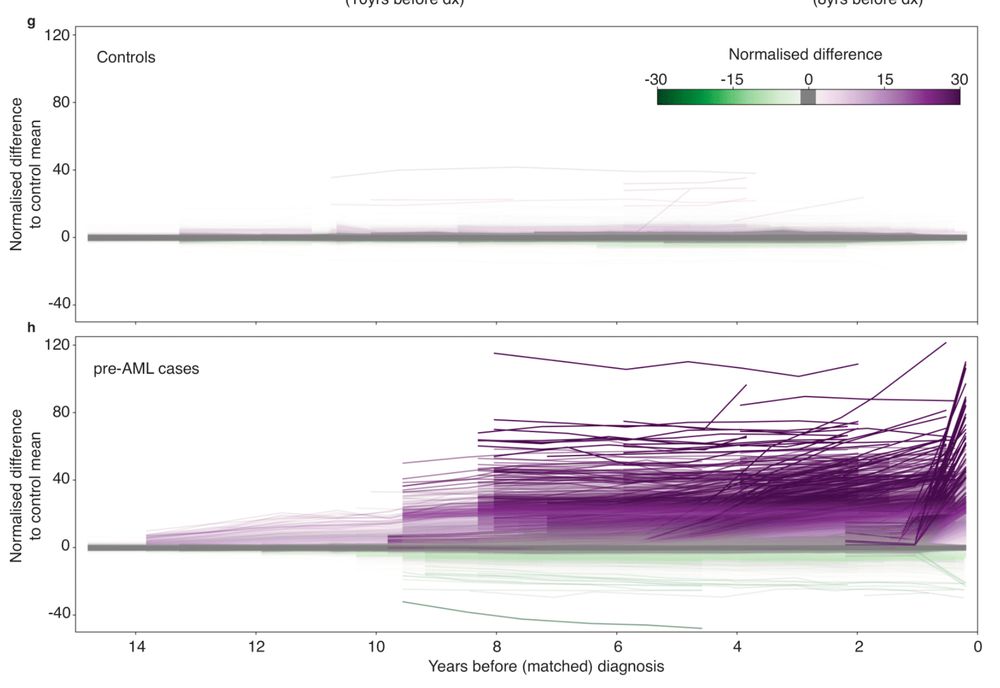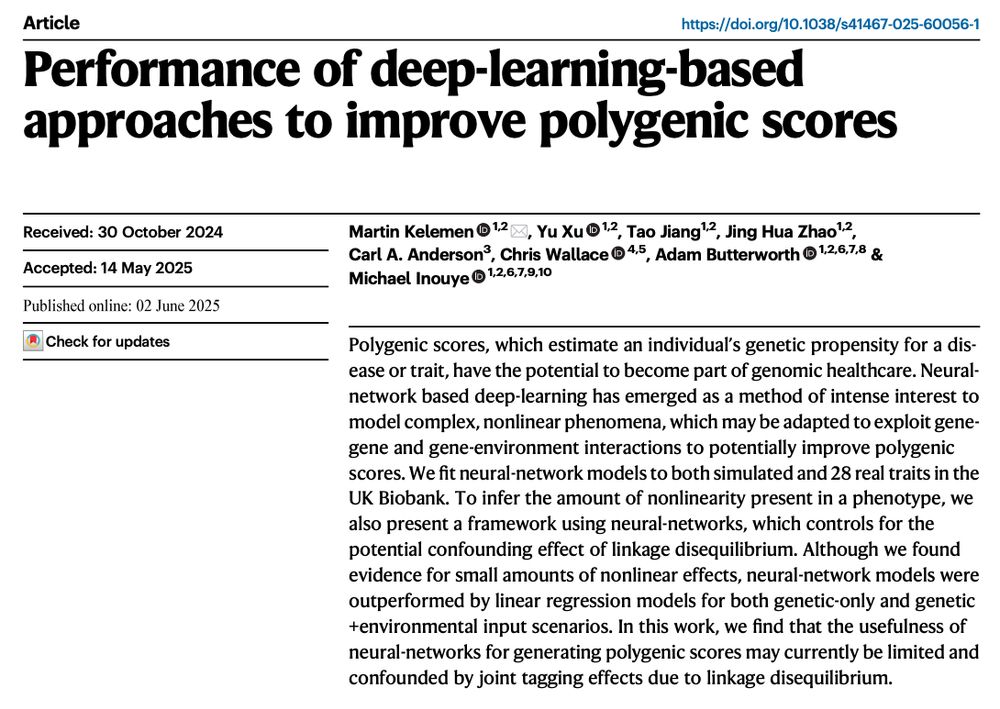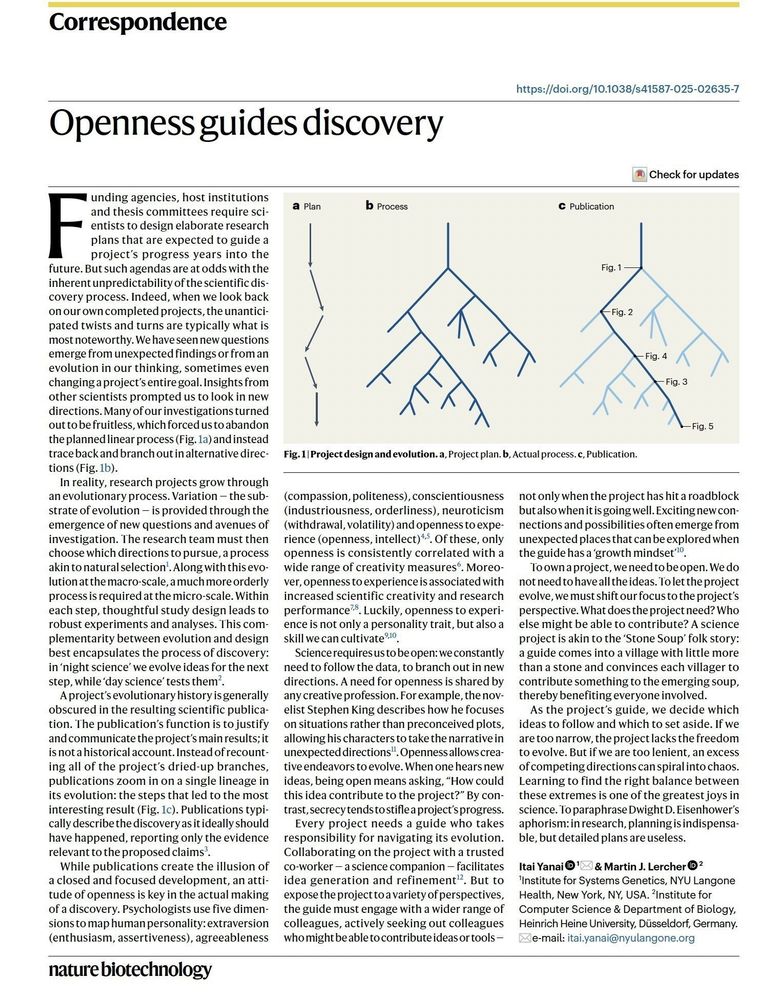Rajiv McCoy
@rajivmccoy.bsky.social
630 followers
1.1K following
32 posts
Associate Professor at Johns Hopkins studying human evolutionary and reproductive genetics https://mccoy-lab.org
Posts
Media
Videos
Starter Packs
Pinned
Reposted by Rajiv McCoy
Reposted by Rajiv McCoy
Reposted by Rajiv McCoy
Reposted by Rajiv McCoy
Reposted by Rajiv McCoy
Konrad
@konradjk.bsky.social
· 20d

Pan-UK Biobank genome-wide association analyses enhance discovery and resolution of ancestry-enriched effects - Nature Genetics
Genome-wide analyses for 7,266 traits leveraging data from several genetic ancestry groups in UK Biobank identify new associations and enhance resources for interpreting risk variants across diverse p...
www.nature.com
Reposted by Rajiv McCoy
Reposted by Rajiv McCoy
Joao Ascensao
@joaoascensao.bsky.social
· Aug 21

Frequency-dependent fitness effects are ubiquitous
In simple microbial populations, the fitness effects of most selected mutations are generally taken to be constant, independent of genotype frequency. This assumption underpins predictions about evolutionary dynamics, epistatic interactions, and the maintenance of genetic diversity in populations. Here, we systematically test this assumption using beneficial mutations from early generations of the Escherichia coli Long-Term Evolution Experiment (LTEE). Using flow cytometry-based competition assays, we find that frequency-dependent fitness effects are the norm rather than the exception, occurring in approximately 80\% of strain pairs tested. Most competitions exhibit negative frequency-dependence, where fitness advantages decline as mutant frequency increases. Furthermore, we demonstrate that the strength of frequency-dependence is predictable from invasion fitness measurements, with invasion fitness explaining approximately half of the biological variation in frequency-dependent slopes. Additionally, we observe violations of fitness transitivity in several strain combinations, indicating that competitive relationships cannot always be predicted from fitness relative to a single reference strain alone. Through high-resolution measurements of within-growth cycle dynamics, we show that simple resource competition explains a substantial portion of the frequency-dependence: when faster-growing genotypes dominate populations, they deplete shared resources more rapidly, reducing the time available for fitness differences to accumulate. Our results demonstrate that even in a simple model system designed to minimize ecological complexity, subtle ecological interactions between closely related genotypes create frequency-dependent selection that can fundamentally alter evolutionary dynamics. ### Competing Interest Statement The authors have declared no competing interest.
doi.org
Reposted by Rajiv McCoy
Reposted by Rajiv McCoy
Reposted by Rajiv McCoy
Rajiv McCoy
@rajivmccoy.bsky.social
· Jul 4
Reposted by Rajiv McCoy
Reposted by Rajiv McCoy
Reposted by Rajiv McCoy
Reposted by Rajiv McCoy
Rajiv McCoy
@rajivmccoy.bsky.social
· Jun 19
Reposted by Rajiv McCoy
Reposted by Rajiv McCoy
Reposted by Rajiv McCoy
Ben Langmead
@benlangmead.bsky.social
· May 29
Reposted by Rajiv McCoy
Sean Eddy
@cryptogenomicon.bsky.social
· May 22
Reposted by Rajiv McCoy
Arslan Zaidi
@aazaidi.bsky.social
· May 25

